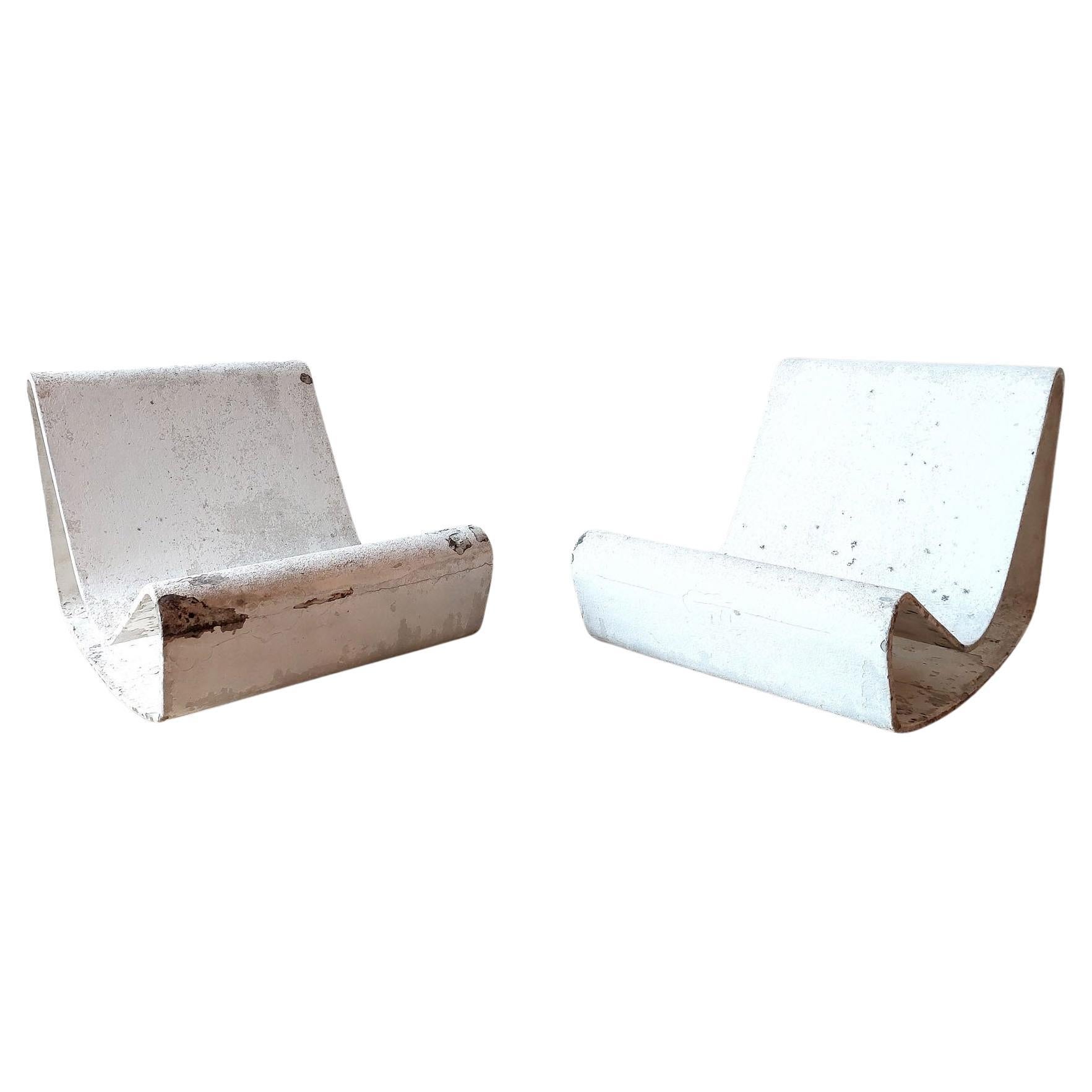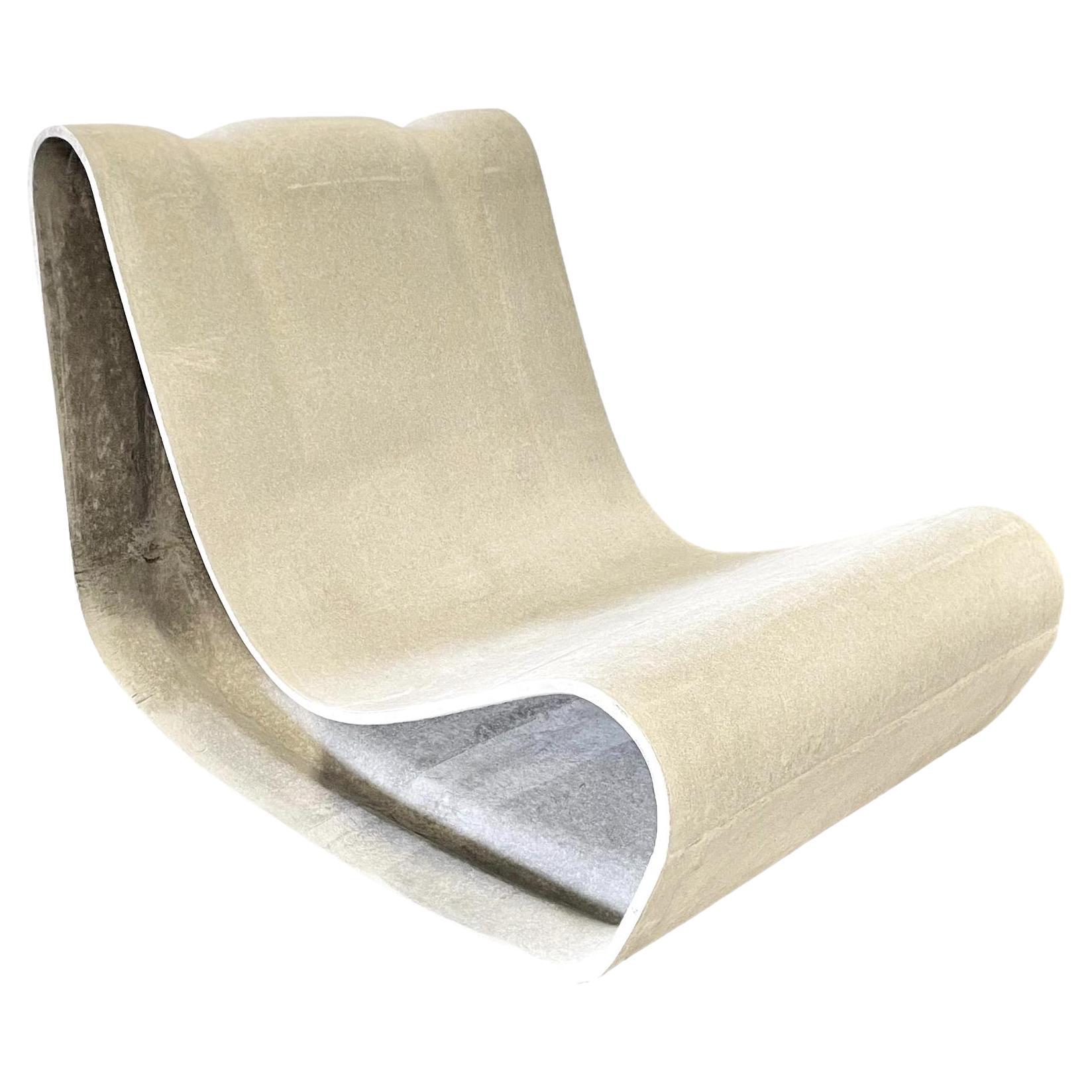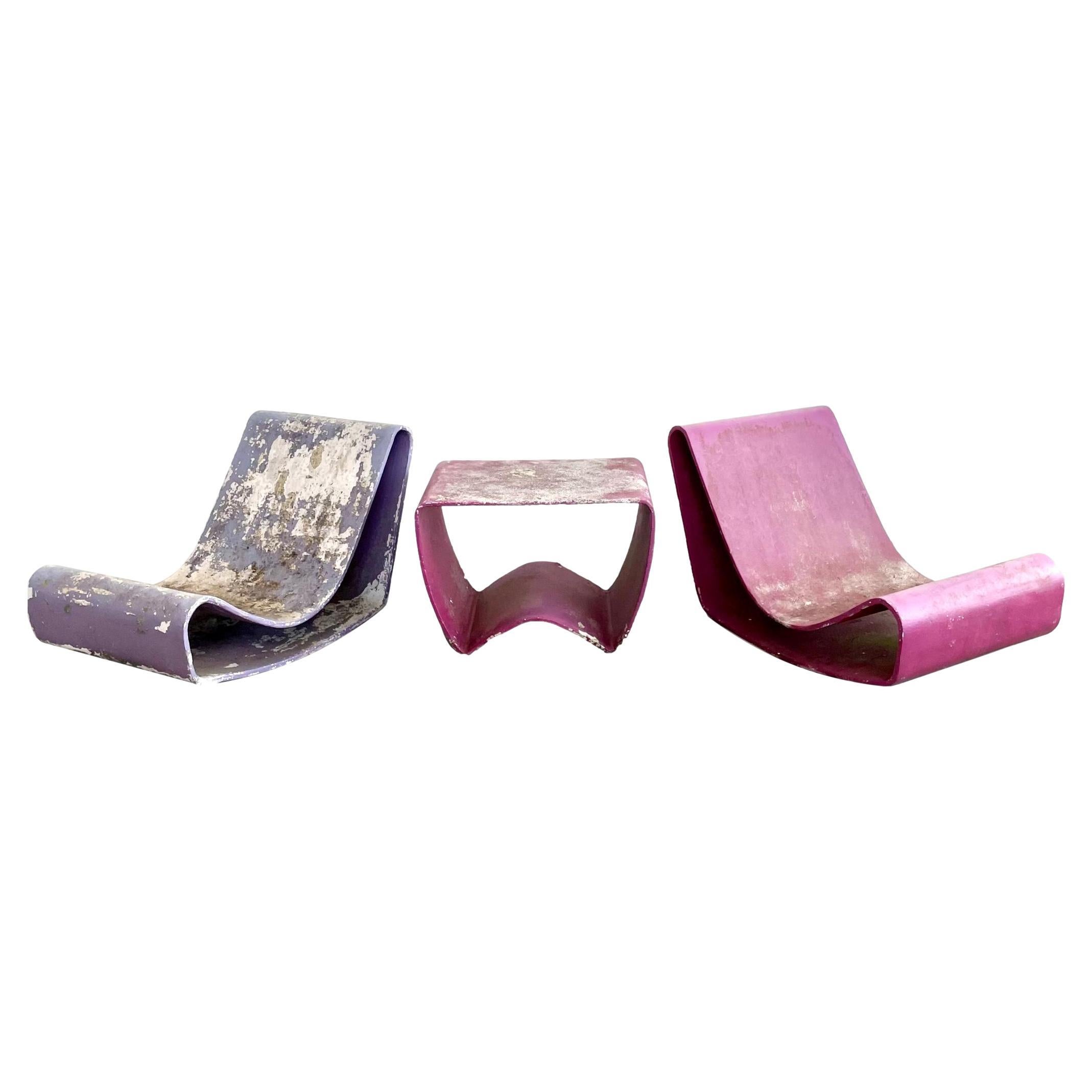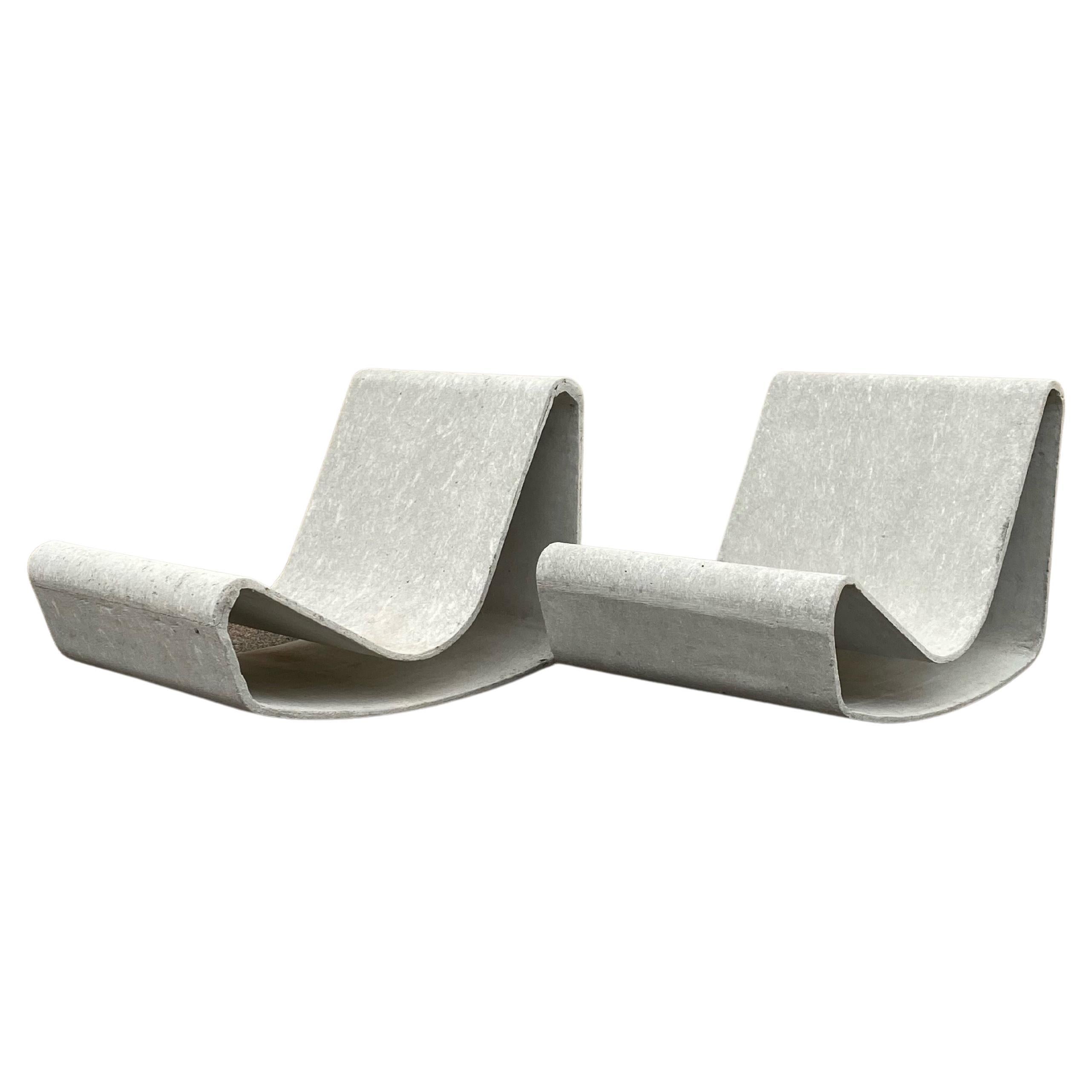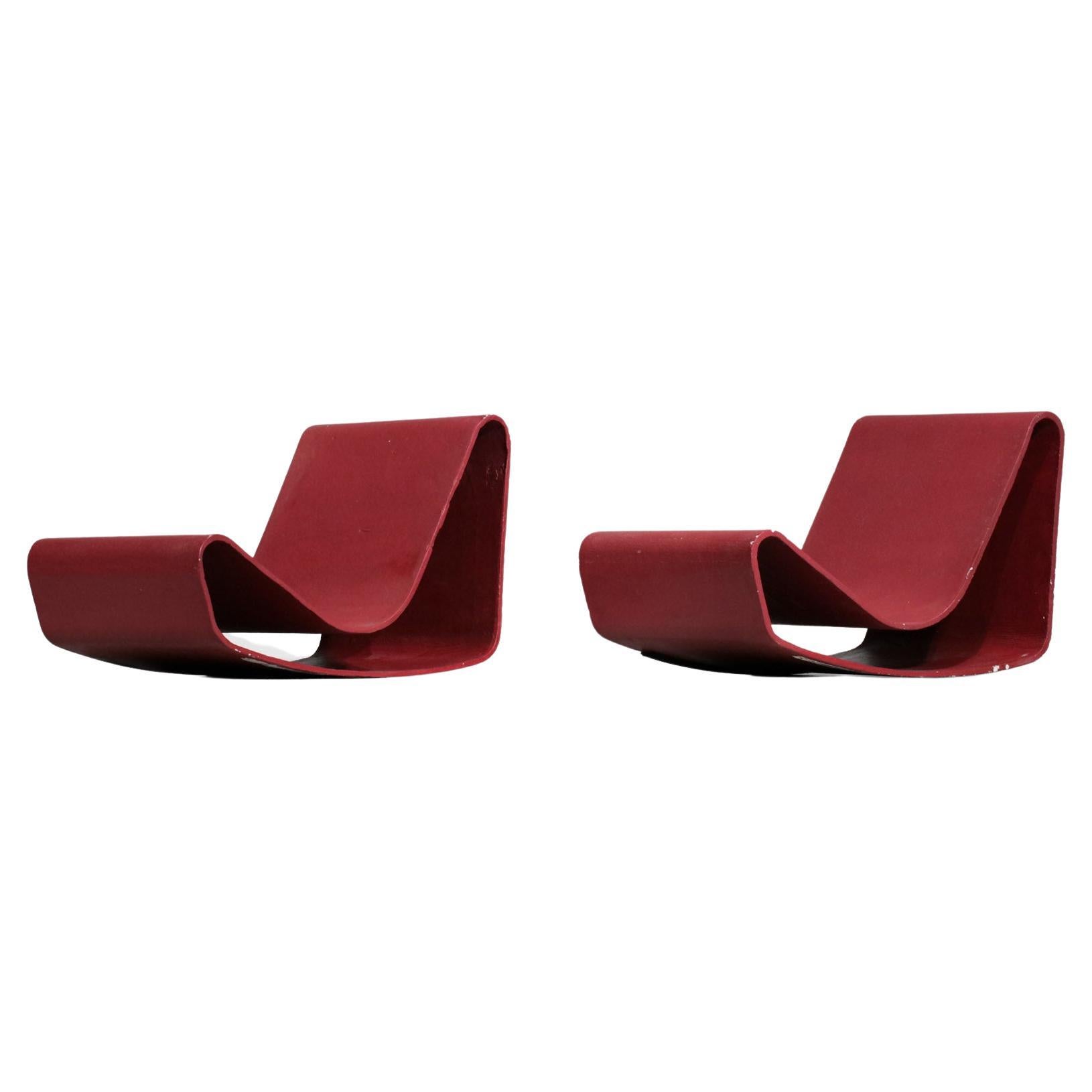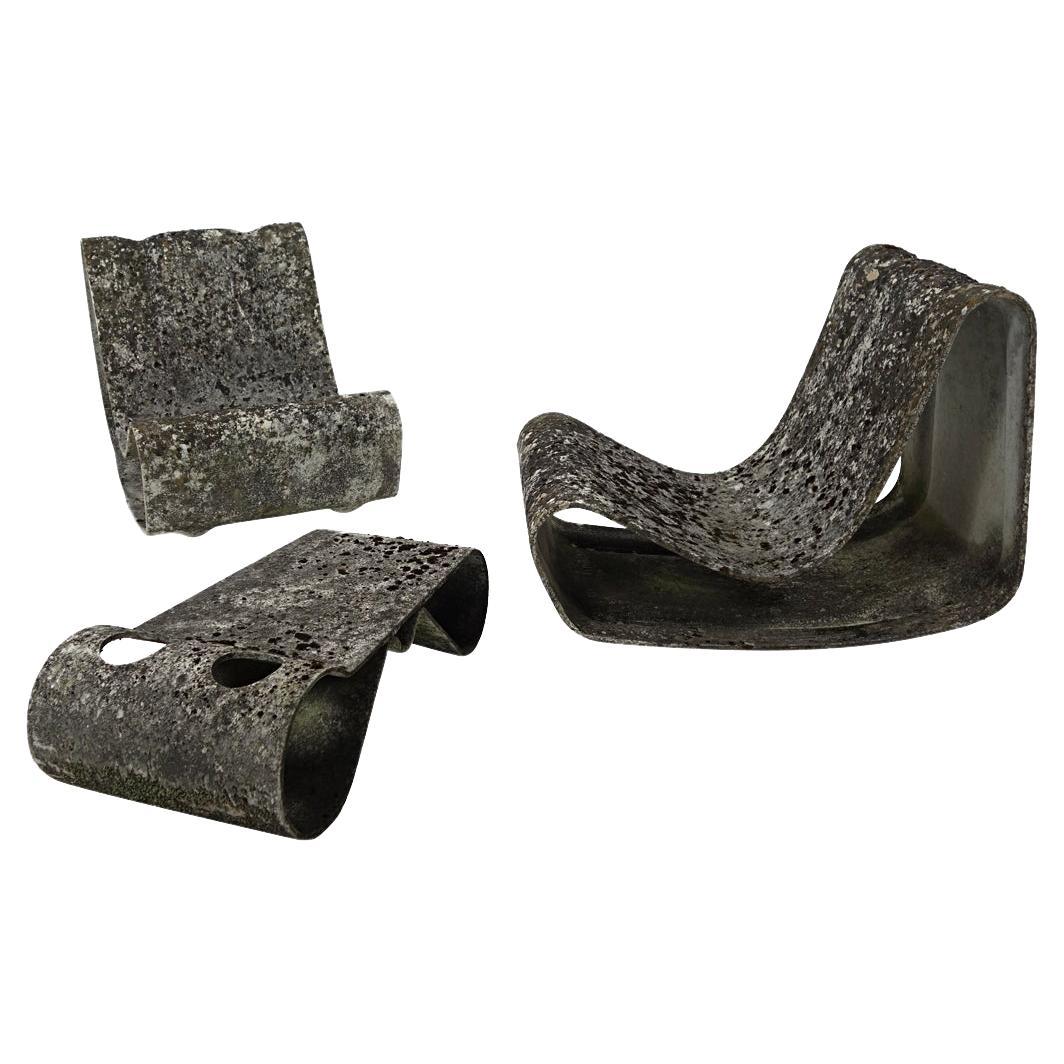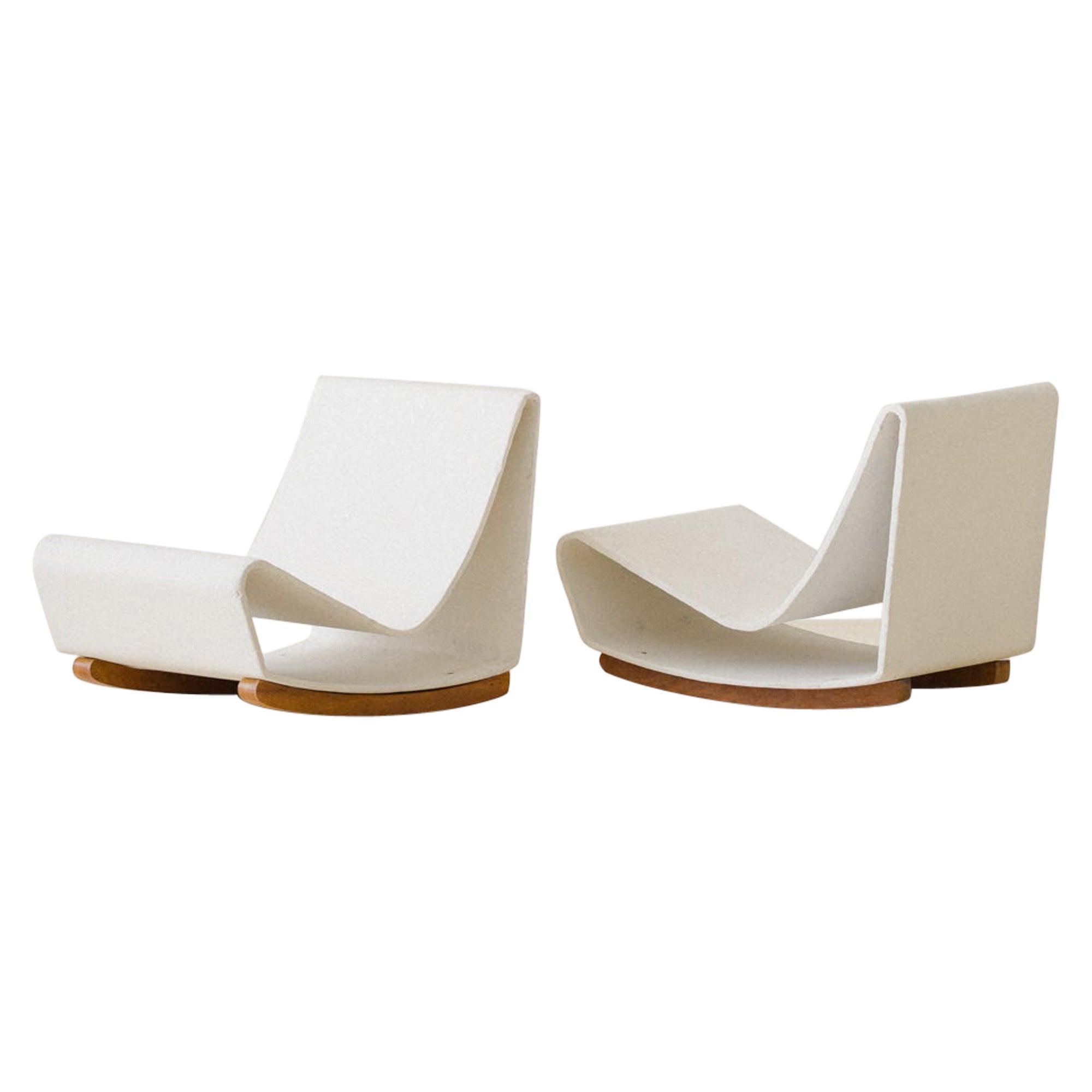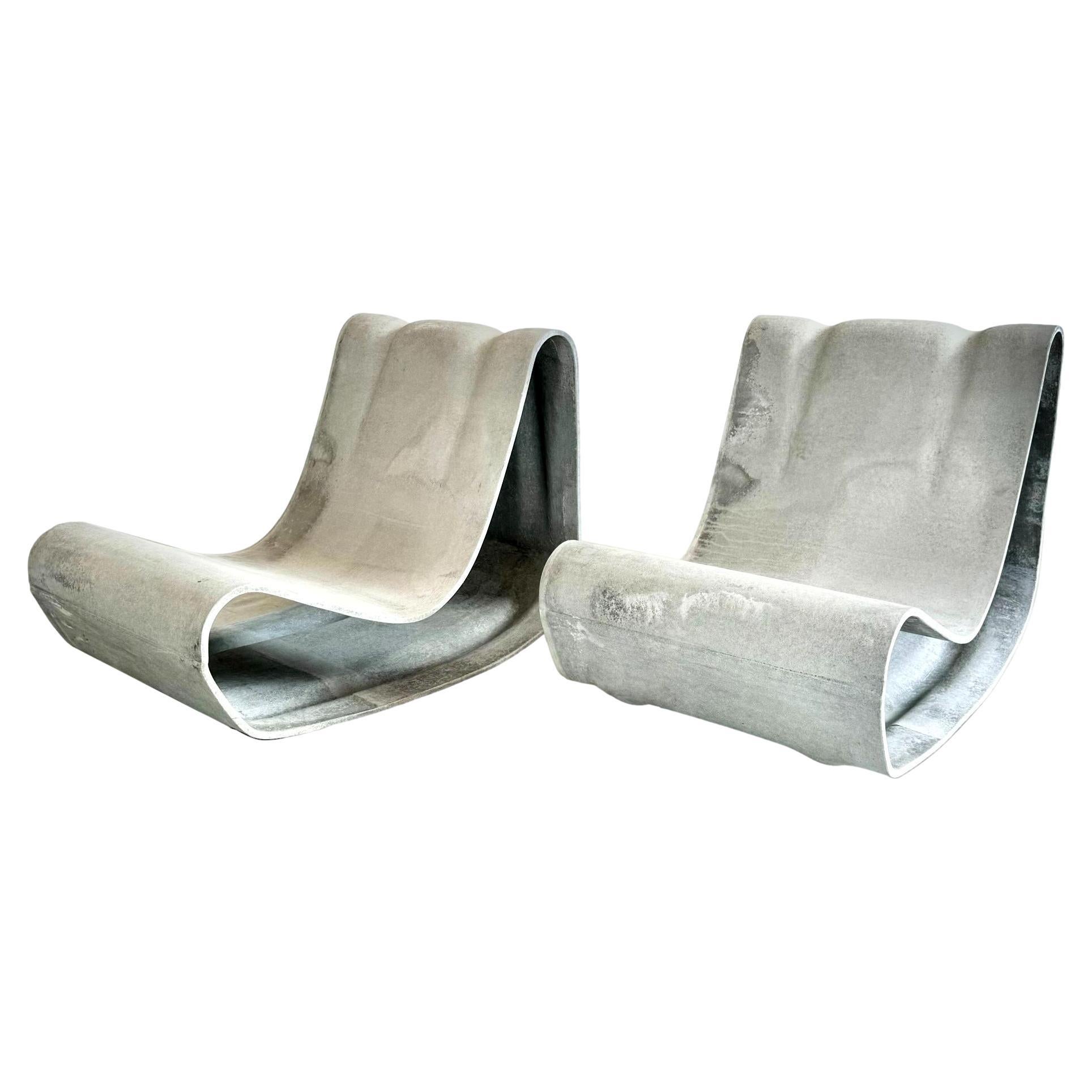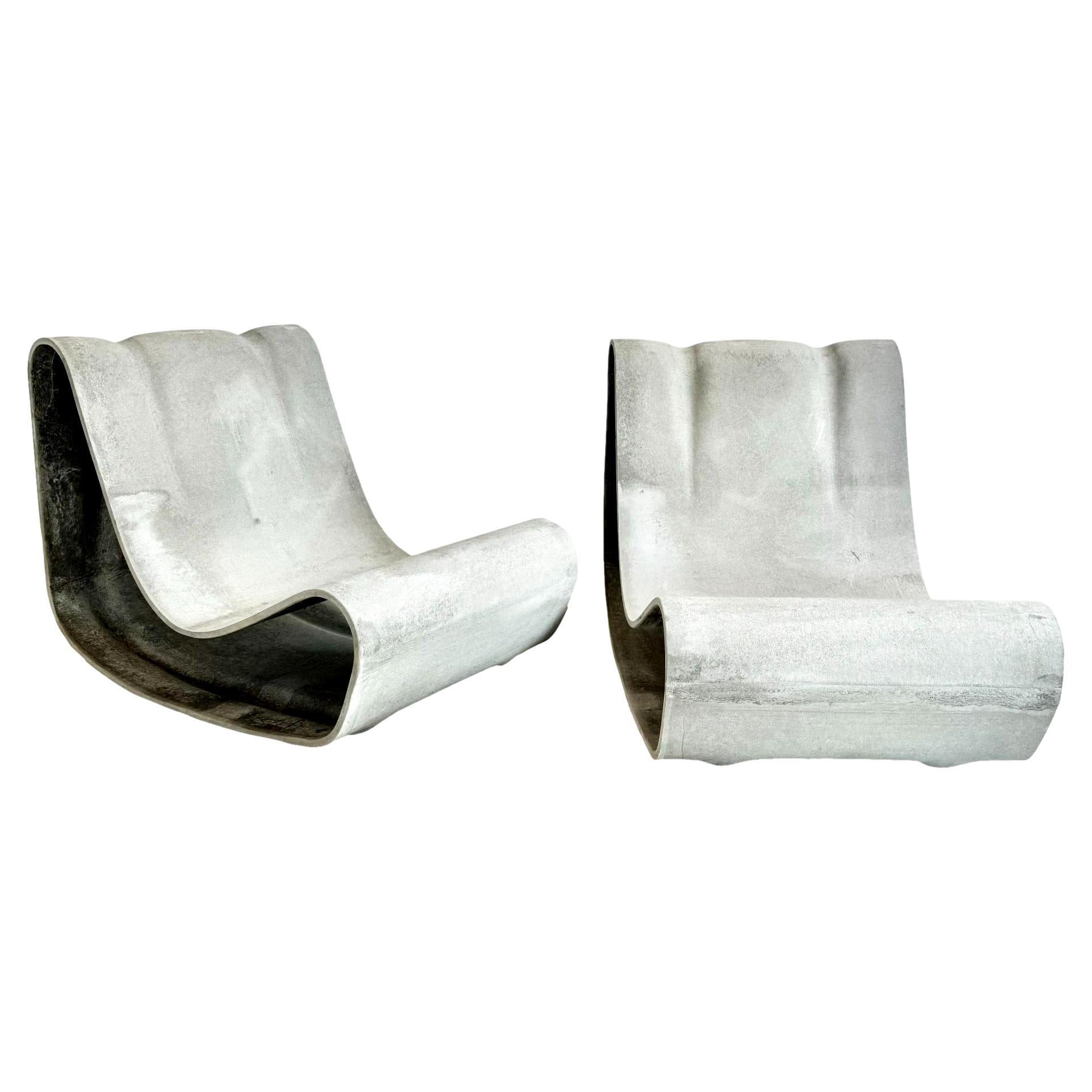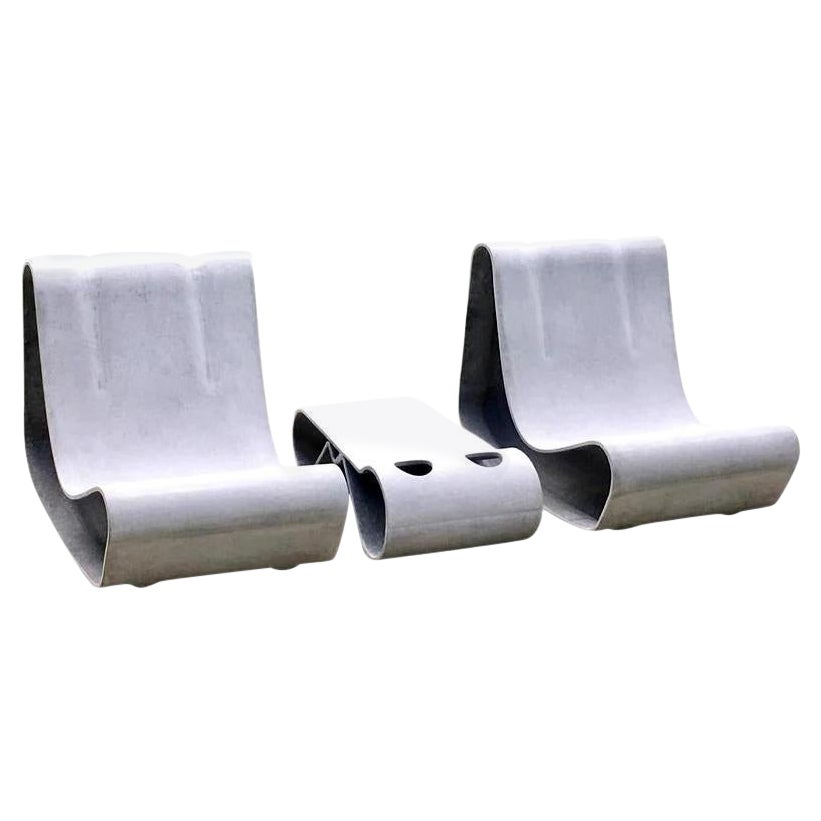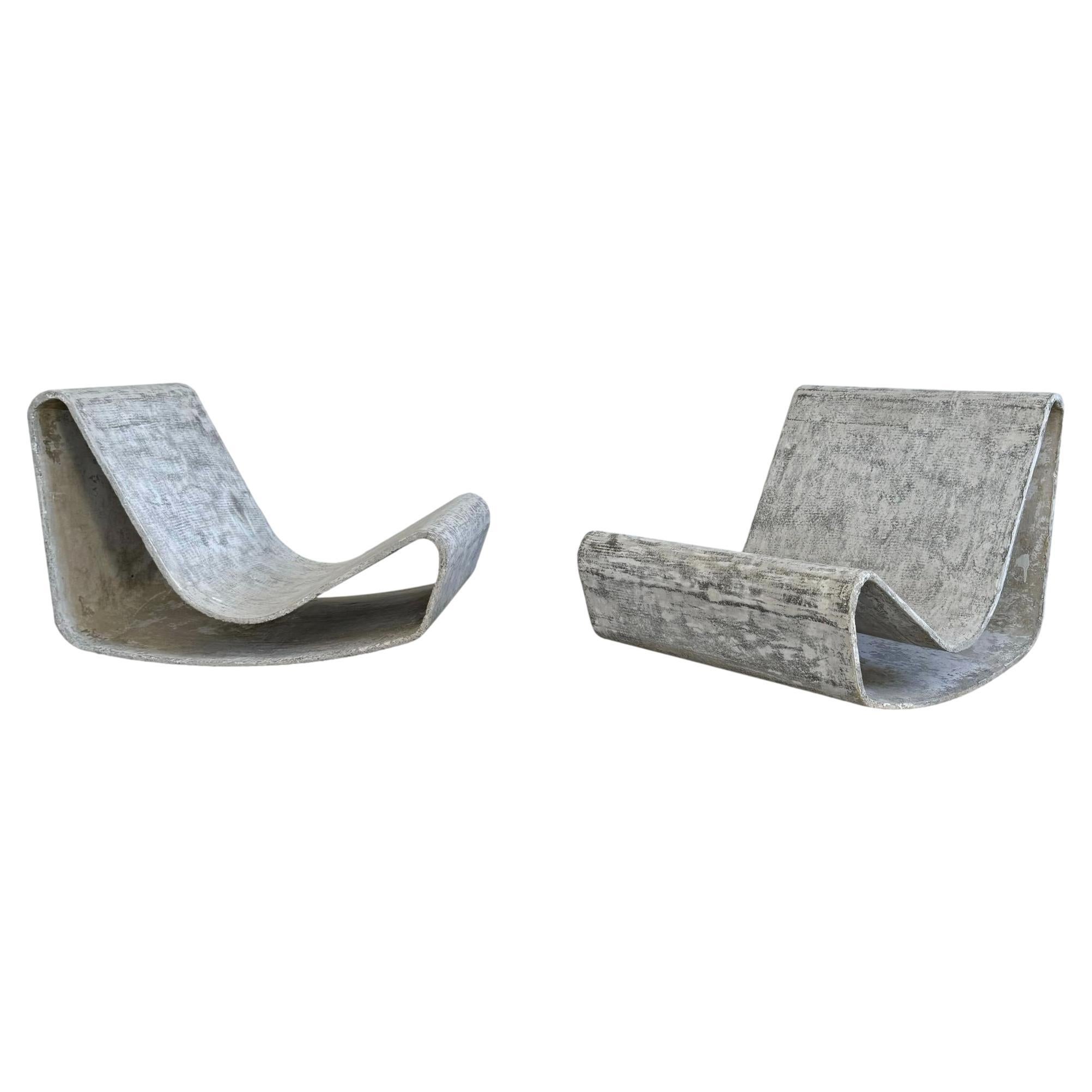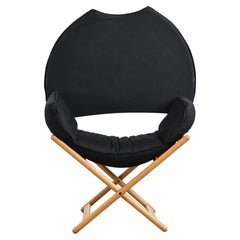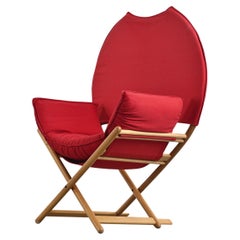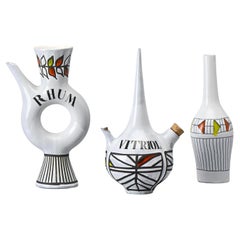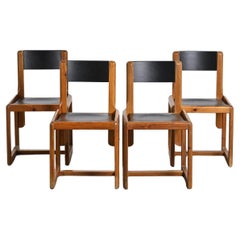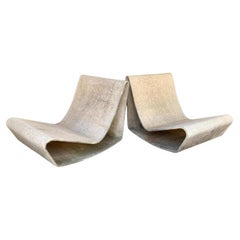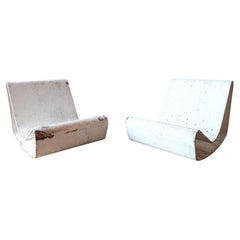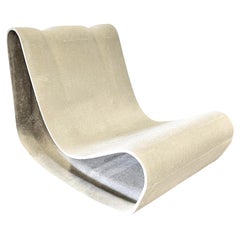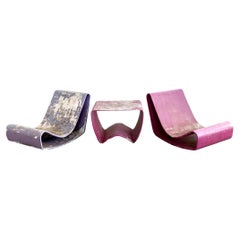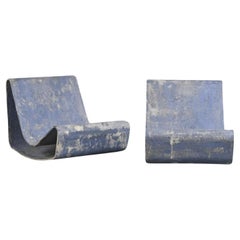
Early Version of the Loop Armchair by Will Guhl, Set of 2
View Similar Items
Early Version of the Loop Armchair by Will Guhl, Set of 2
About the Item
- Creator:Willy Guhl (Designer)
- Design:
- Dimensions:Height: 20.48 in (52 cm)Width: 21.66 in (55 cm)Depth: 33.47 in (85 cm)
- Sold As:Set of 2
- Style:Mid-Century Modern (Of the Period)
- Materials and Techniques:
- Place of Origin:
- Period:
- Date of Manufacture:circa 1960
- Condition:Wear consistent with age and use.
- Seller Location:VILLEURBANNE, FR
- Reference Number:Seller: 59861stDibs: LU8469237348162
Willy Guhl
Decades prior to the mass popularity of neo-industrial cement floors and furniture taking shape, there was Willy Guhl. The Swiss creative is considered one of the first “industrial” designers in his home country. He pioneered a rugged, organic style of modern furniture and decor — stylish planters, shapely seating and lots more — that remains widely coveted by many today.
Guhl was born in 1915 in Stein am Rhein and worked as a carpenter before beginning studies at the Zurich School of Applied Arts (known today as the Zurich University of the Arts), where he would go on to teach for nearly 40 years.
While Guhl is well-known for his range of provocative garden elements as well as his patio and outdoor furniture, today’s legion of mid-century modern enthusiasts are likely familiar with the designer’s iconic Loop chair (introduced in 1954). For this sculptural seat and other furnishings, Guhl tended toward industrial materials, which he bent and shaped into organic forms for a striking juxtaposition. Much of his work is crafted from either concrete or Eternit, a mixture of cement and asbestos developed by the Belgian company Etex, which, in the 1950s, commissioned Guhl and his students at the School of Applied Arts to conceive planters in the material. The resulting vessels — some hourglass-shaped, some in the form of handkerchiefs, all suitable for indoors or exteriors — remain some of Guhl’s most collectible pieces.
Guhl’s affiliation with the Swiss “neo-functional” movement centered on the idea of simplifying design without sacrificing form. According to Guhl, his mission was “achieving the most with the minimum of effort.”
In addition to his work as a designer, Guhl left his mark on subsequent creatives through his 39-year tenure at his alma mater, where he was instructor to the likes of Robert Haussmann, Kurt Thut and Bruno Rey. Modern-day shoppers at IKEA owe Guhl a debt of gratitude too. He was an early advocate of flat-pack furniture, championing its ability to make good design more widely accessible.
At its core, though, Guhl’s work was inherently human-centric: “At the center of my efforts, I put people and their living requirements,” he once said. “My products must be useful to people.” Guhl died in 2004 at the age of 89.
Find a range of vintage Willy Guhl furniture and decorative objects on 1stDibs.
More From This Seller
View AllMid-20th Century Italian Mid-Century Modern Armchairs
Wood, Beech
Mid-20th Century Italian Mid-Century Modern Armchairs
Wood, Beech
Mid-20th Century French Mid-Century Modern Ceramics
Ceramic
Mid-20th Century French Mid-Century Modern Chairs
Wood
Mid-20th Century French Mid-Century Modern Chairs
Wood
Vintage 1960s French Mid-Century Modern Ceramics
Ceramic
You May Also Like
Vintage 1960s Brazilian Patio and Garden Furniture
Cement
Vintage 1950s Swiss Mid-Century Modern Patio and Garden Furniture
Concrete
2010s Swiss Mid-Century Modern Patio and Garden Furniture
Cement
Vintage 1960s Swiss Mid-Century Modern Patio and Garden Furniture
Cement
Mid-20th Century French Mid-Century Modern Patio and Garden Furniture
Concrete
Vintage 1960s Swiss Brutalist Chaise Longues
Cement

